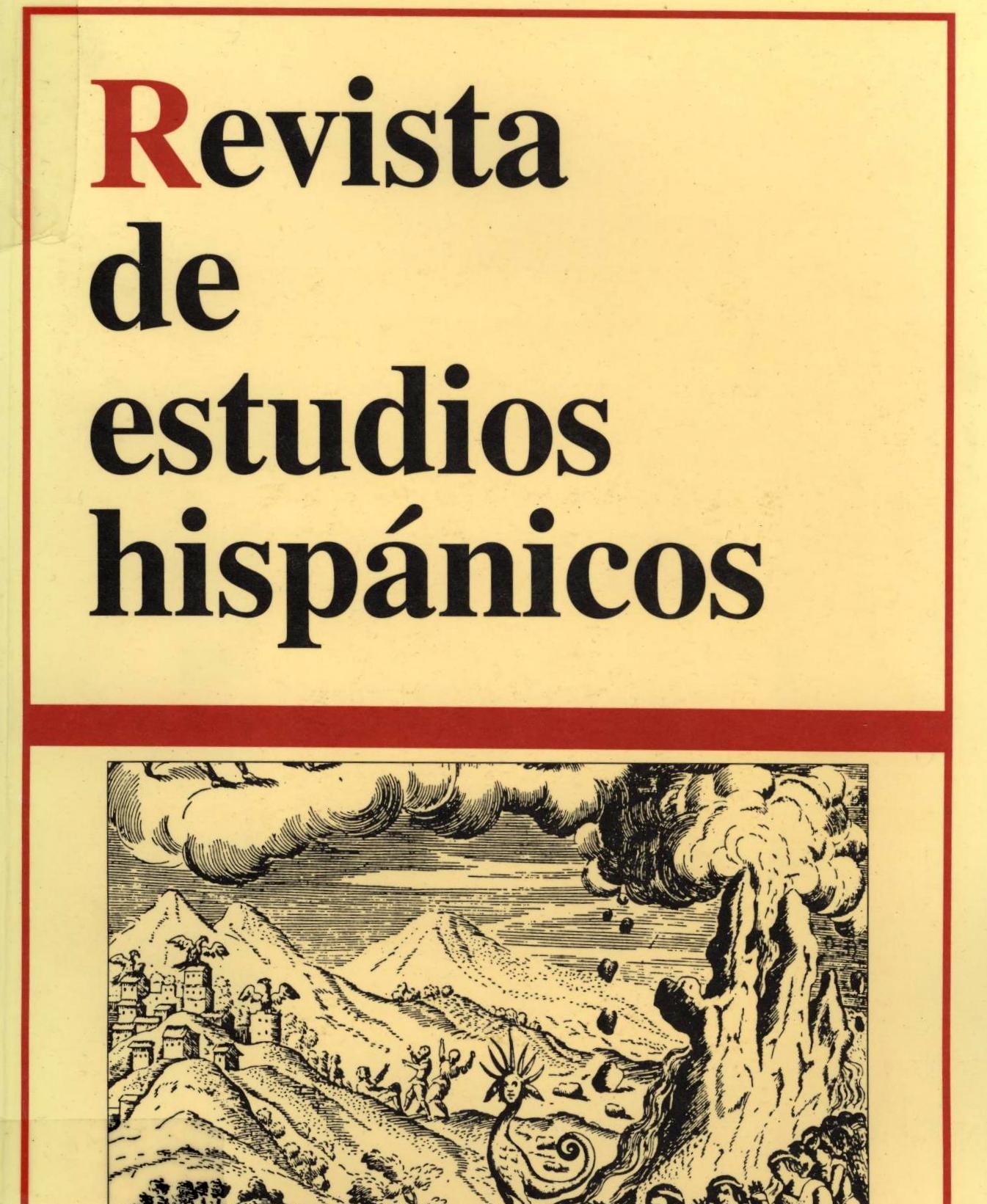Resumen
Doña Javiera's interruption of Máximo Manso's work on a prologue to a translation of Hegel's Sistema de bellas artes relieves his mind of the confusion caused by reading "en ausencia de la realidad'' the philosopher's thought on the beautiful. Doña Javiera becomes Máximo's "autoridad estética."1 However, nothing in Hegel suggests that a widow in brightly colored attire and belonging to the commercial classes merits such appreciation.2 In the following paragraph Máximo finds the beautiful outside Hegel's norms for sculpture.3 Moreover, he gives short shrift to Hegel's dislike of irony (pp. 19-20), creating the impression that Hegel is tedious and his thought perhaps irrelevant to the reader of this "realist novel." Máximo's narration and interpretation of fact in the chapter are largely ironic and mislead readers precisely in the manner that Hegel considered perverse:
To these perversities which are opposed to unity and firmness of character we may annex the more modern principle of irony. This false theory has seduced poets into bringing into characters a variety which does not come together into unity, so that every character destroys itself as character, [On this theory] if an individual comes forward at first in a determinate way, this determinacy is at once to pass over to its opposite, and this character is at once to display nothing but the nullity of its determinacy and itself.4
Although Galdós in this instance deals playfully with Hegelian ideas, the preponderance of evidence strongly suggests that in El amigo Manso as a whole he draws heavily upon, and applies quite systematically, views expressed in the Aesthetics and Phenomenology of Mind in characterization and in the structure of his characters' —especially his protagonist's— experience.

Esta obra está bajo una licencia internacional Creative Commons Atribución-NoComercial 4.0.

